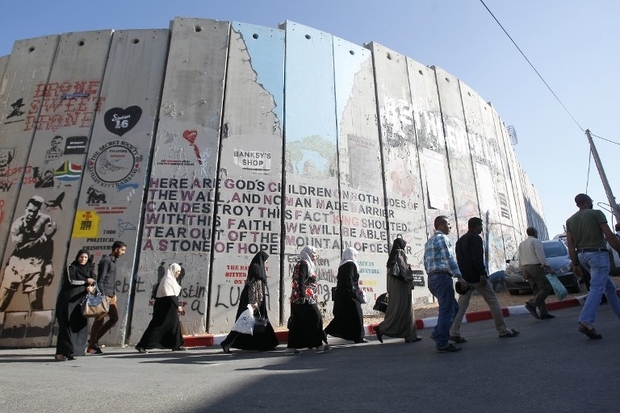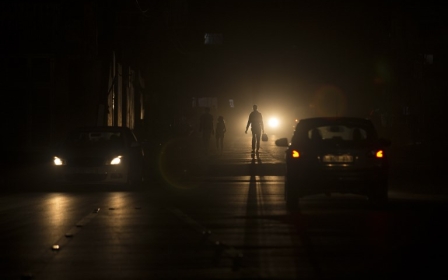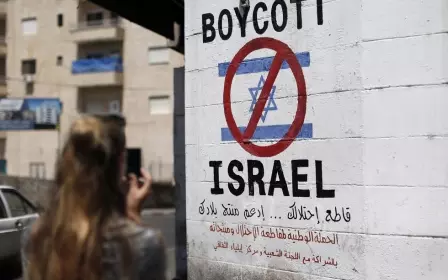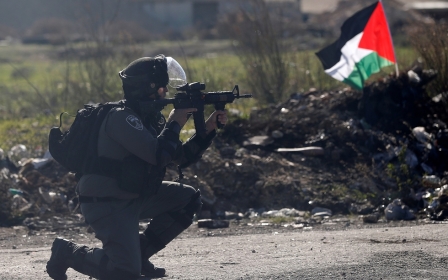'Banned' NGOs – what is Israel so afraid of?
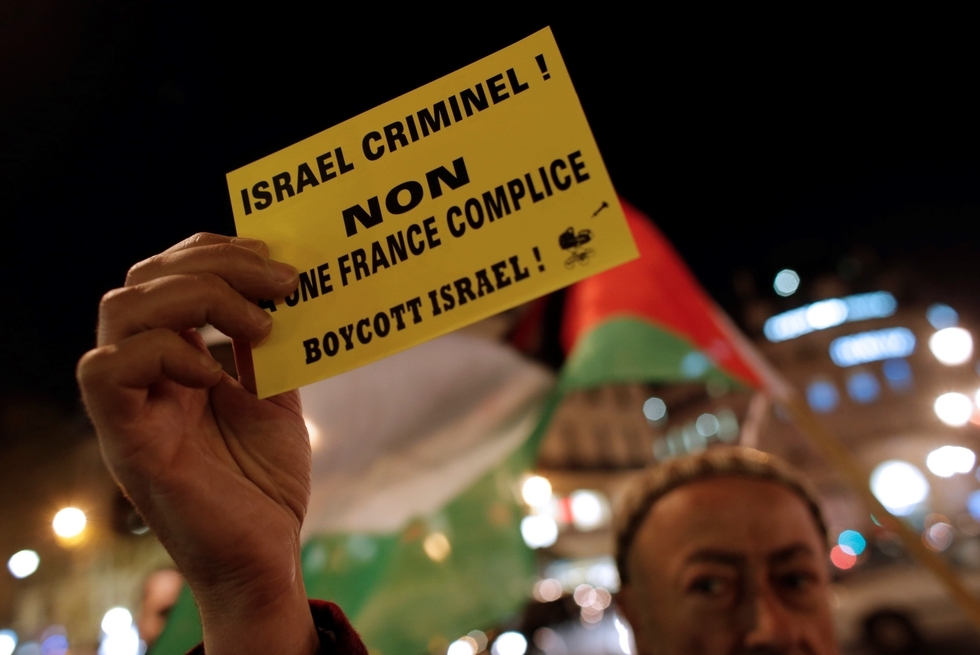
On 7 January, Israel published its list of "undesirable" associations and stated its plan to deny entry to the leaders of those associations to Israeli territory – and thus to Palestinian territory.
Has the Israeli government just shot itself in the foot?
Many Israeli opposition parties think so, at any rate, for reasons both good and bad. This move has revealed Israel's darkest side.
Intolerable interference
This development is hardly new: for years, the State of Israel has been putting all kinds of obstacles on the path of those seeking entry who question its policies or wish to visit their Palestinian friends.
Such visits are subject to the goodwill of Israel and its arbitrariness, including often lengthy interrogations upon arrival at the airport and, sometimes, expulsions.
Likewise, for years, all access to the Gaza Strip has been subject to the authorisation of the Israeli occupation forces. These authorisations are most often denied, as are most passage permits for Palestinians in the Gaza Strip, which – despite the inventiveness and energy of its inhabitants – has become a prison without visitation rights.
This unjust and inhumane policy vis-à-vis freedom of movement has now been brought to light. Also brought to light today is the manifest will of the Israeli government to attack civil society organisations that oppose its policies across the globe.
For years, the State of Israel has been putting all kinds of obstacles on the path of those seeking entry who question its policies or wish to visit their Palestinian friends
This is an entirely official mission, with significant and recently reinforced resources. In February 2016, it was entrusted to the Israeli Minister of Strategic Affairs, Gilad Erdan, by the Israeli government.
A state officially deciding to take its fight against civil society to countries around the world? This is new; it is highly disturbing; and now, thanks to the publication of this list, it is exposed.
The "Anti-BDS Law", passed by the Knesset in March 2017, has already been used against leaders of organisations such as the UK Palestine Solidarity Campaign (PSC), the Jewish Voice for Peace in the United States, and numerous NGOs whose leaders or employees were denied entry to Israeli territory.
In response, the Israeli government invented a new offence: that of applying for permission to visit!
This pressure on friends of Palestine and the Palestinians is intolerable and must stop. Access to Palestinian territory must be guaranteed to citizens of all countries, just as the possibility to meet various Israeli figures: such interactions should be considered normal for a society that claims to be democratic.
What is Israel afraid of?
Let's not be naive: the list of organisations that Israel wants to fight around the world is certainly much longer, in reality, than the one that its government chose to publish on 7 January. So why do this? And based on what criteria did the Israeli government select the organisations it aimed to single out via its list?
First, there are certainly some very real fears on Israel’s part regarding the growth around the world of the Boycott, Divestment, and Sanctions (BDS) movement, which is gaining momentum and scoring point after point.
There are certainly some very real fears on Israel’s part regarding the growth around the world of the BDS movement, which is gaining momentum and scoring point after point
It has been said and bears repeating: the publication of this list is, first and foremost, an acknowledgment of the success of the international BDS campaign.
There is also, in all likelihood, a willingness to address Israel's isolation in international public opinion following Donald Trump's "decisions" on Jerusalem, which were widely condemned around the world and highlight the unacceptable settlement and annexation policy of the state of Israel.
From this point of view, we are dealing with a PR campaign, with both domestic and foreign policy implications.
In many countries, including France, increasingly large sectors of civil society are mobilising against the injustice to which Israel continues to subject the Palestinian population.
The Israeli government is afraid of this very mobilisation that attracts intense scrutiny of its policy and which – we hope – will someday challenge Israeli public opinion on a profound level.
Intimidation tactics
Obviously, we will not let ourselves be intimidated by the threats that the Israeli government is making against us through the publication of its list.
It goes without saying that we will pursue and strengthen all the campaigns – those we are currently leading as well as those that we have planned – for the defence of the Palestinian people and the respect of their rights.
We call on our fellow citizens to join and strengthen these campaigns. And we have no intention of ceasing our visits to Palestine and Israel to meet our partners and to raise awareness of the terrible reality of Israel's occupation, colonisation, and its blockade of Gaza.
But we also believe that, in our country just as in the other targeted countries, it is freedom of speech and civil society action that are under attack by this Israeli interference attempt.
By publishing its list, this state is demonstrating that it thinks it can do whatever it likes, including choosing among the organisations and the citizens of our countries.
We will not allow it. We have reached out to the French minister of foreign affairs and the president of France and have arranged meetings with their respective representatives.
We have one demand: that France officially request, and obtain as quickly as possible, Israel's cancellation of its entry restrictions into Palestine and Israel for all those who wish to visit.
- Bertrand Heilbronn is head of the Association of France Palestine Solidarity (AFPS)
The views expressed in this article belong to the author and do not necessarily reflect the editorial policy of Middle East Eye.
Middle East Eye propose une couverture et une analyse indépendantes et incomparables du Moyen-Orient, de l’Afrique du Nord et d’autres régions du monde. Pour en savoir plus sur la reprise de ce contenu et les frais qui s’appliquent, veuillez remplir ce formulaire [en anglais]. Pour en savoir plus sur MEE, cliquez ici [en anglais].



